The Father Steve Jobs Never Knew – Abdulfattah Jandali
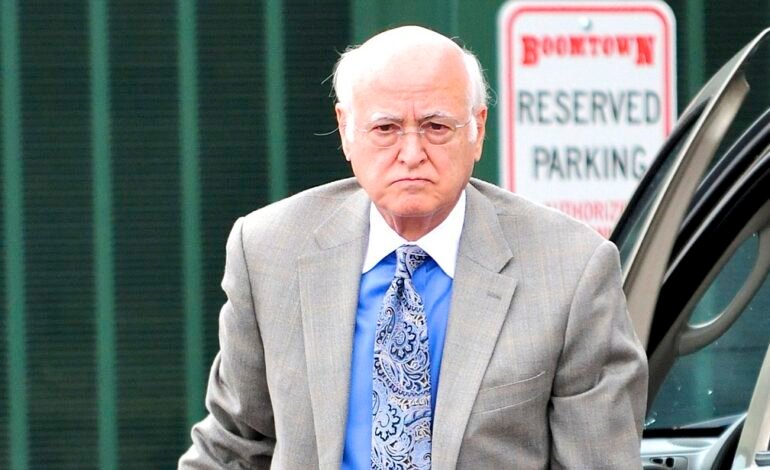
You might know Steve Jobs for being the visionary behind the colossal Apple Inc., whose revolutionary ideas transformed how we live and connect. Yet behind his success and glowing screens lies an untold narrative, one built from family secrets, difficult decisions, and paths not taken.
Abdulfattah “John” Jandali was Steve Jobs’ biological father, and they shared similar lives until circumstances led them apart. This tale explores identity issues as well as choices made by parents which changed Steve forever – just one decision can change everything!
Let us delve back in time and uncover what happened between Jobs’ adoption, his subsequent travels with Apple’s counsel, and their tenuous yet sweet relationship. By delving deeper into Jobs’ history, we will gain a more complete and humanized picture of someone so many revere as an icon.
The Early Life of Abdulfattah Jandali
Abdulfattah Jandali was born in 1931 in Homs, Syria, to an esteemed family that prioritized education. His father was an independent millionaire with significant land holdings; Jandali attended American University of Beirut before making a life-altering decision to migrate to America.
Reflecting on his upbringing, Jandali once said,
“Education was everything in our house. My family pushed me to pursue knowledge above all else.”
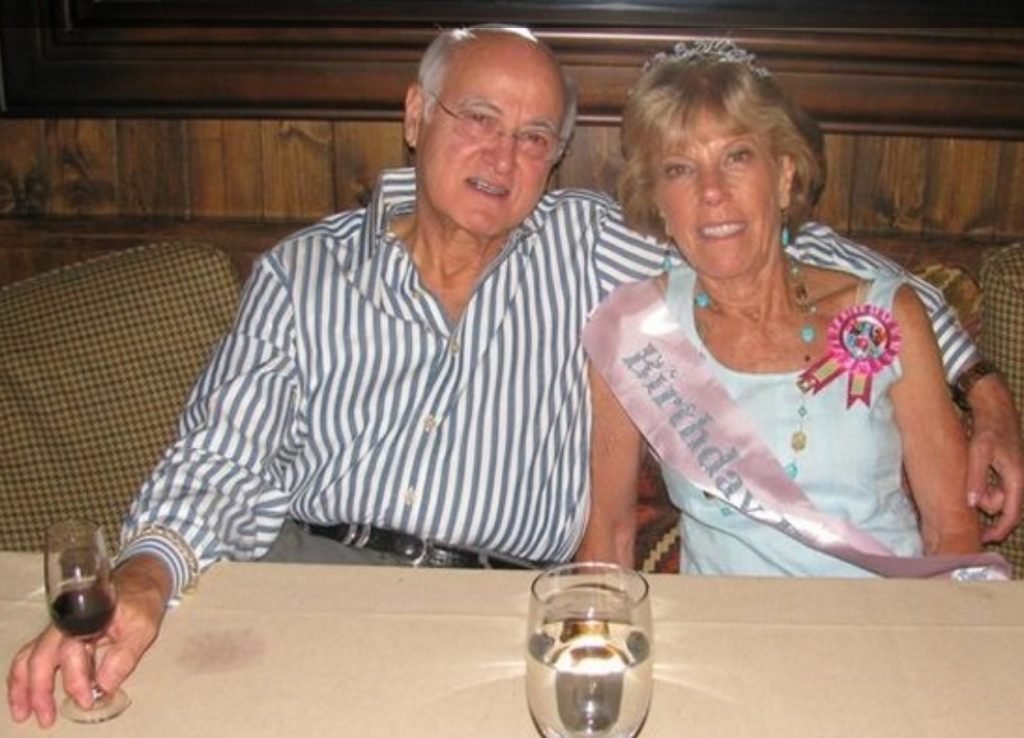
Erich arrived in America to pursue a doctorate in political science. Upon enrolling at the University of Wisconsin-Madison in the mid-1950s, he would meet Joanne Schieble, who would change the world forever.
A Fateful Decision and a Son Given Away
At the University of Wisconsin, Jandali and Schieble began a relationship. In 1954, Schieble became pregnant. The couple intended to marry, but they faced strong opposition from Schieble’s father, who objected to her marrying a Syrian man. At the time, societal pressures surrounding out-of-wedlock births were immense.
“Had it been up to Joanne and me, we would have married and raised our child,” Jandali later explained in an interview, “but her father would not allow it.”
Faced with family disapproval and limited options, Schieble traveled to San Francisco to give birth in secret. She arranged for a private adoption, with the strict condition that her son be placed with a college-educated couple. The baby, born on February 24, 1955, was initially placed with a lawyer and his wife. However, they changed their minds, wanting a girl instead.
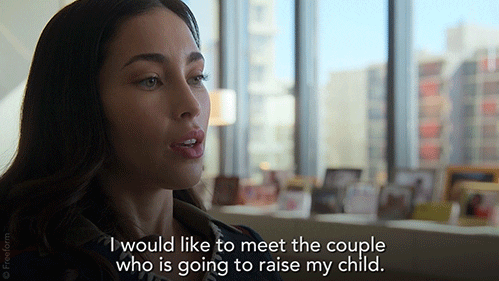
The infant was then offered to Paul and Clara Jobs, a working-class couple from the Bay Area. Neither had a college degree, a detail that initially caused Schieble to hesitate. She only signed the adoption papers after the Jobs family promised to set up a college fund for the boy. They named him Steven Paul Jobs.
People Also Read: Amanda Brumfield – The Story of the Conviction
A Family Formed and Fractured
A few months after Steve’s birth and adoption, Joanne Schieble’s father passed away. The primary obstacle to their union gone, she and Jandali married.
Later in their marriage, they would have another daughter, Mona Simpson, who would later become an award-winning novelist.
Jandali and Schieble eventually divorced, leading him to become estranged from both his wife, Joanne, and daughter, Mona. Jandali pursued an academic career at the University of Nevada, Reno, before transitioning into restaurant and hospitality management; all the while, he remained unaware of either his identity or the whereabouts of any son he and Schieble had given up for adoption.
Jandali reflected years later.
“I regret leaving Mona, and I never knew Steve was my son. Life kept us apart despite my wishes.”
Two Lives, Parallel but Separate
While Steve Jobs was building one of the most valuable companies in the world, Abdulfattah Jandali was managing casinos and restaurants in Nevada and later, California.
Abdulfattah Jandali had no idea that Steve Jobs, co-founder of Apple and one of the most valuable companies, was his biological son. He came to know it much later in 2005.

Mona Simpson made the breakthrough happen through her efforts. After learning of her adopted brother in the 1980s, Mona sought him out and they developed a close bond. Additionally, her efforts helped identify their biological father, Abdulfattah Jandali; when Mona met Jandali, she learned of her brother but did not reveal his public persona to him.
Jandali told Mona about his past, including the tale of his long-lost son Steve Jobs, whom he had never met. Mona later confirmed this information with him.
“As much as I wanted to reach out, I thought it might not be what he wanted. I never wanted to intrude on his life,”
Jandali said in an interview.
The Relationship That Never Was
Steve and Mona both visited his restaurant at different times, and Steve recalls shaking hands with a Syrian man, the owner of the restaurant.
Jobs and Jandali never established an intimate connection, although Jobs had already reconciled with his biological mother Joanne and had established deep, lasting friendships with both Mona and his sister Nisha; yet showed little desire in meeting his biological father Jandali.
Jobs was always proud to consider Paul and Clara Jobs his true parents; in his words, “They were my parents 1,000%.”
He became wary of Jandali and suspected that he might have an interest in their wealth. While Jandali expressed regret at this development, he maintained he respected his son’s wishes; interviews conducted indicated a fear among Syrians that communicating directly may appear as if they are seeking money or asking to borrow it.
Jandali acknowledged emailing Jobs occasionally, wishing him “Happy Birthday”, yet never heard back; media reports instead disclosed his son’s declining health and eventual demise due to this decision made under pressure; further information regarding family law or adoption can usually be obtained through resources like The Administration for Children and Families.
Abdulfattah Jandali and Steve Jobs’ story provides a poignant chapter in modern technology’s evolution, offering insight into family complexities, identity issues, and past decisions made.
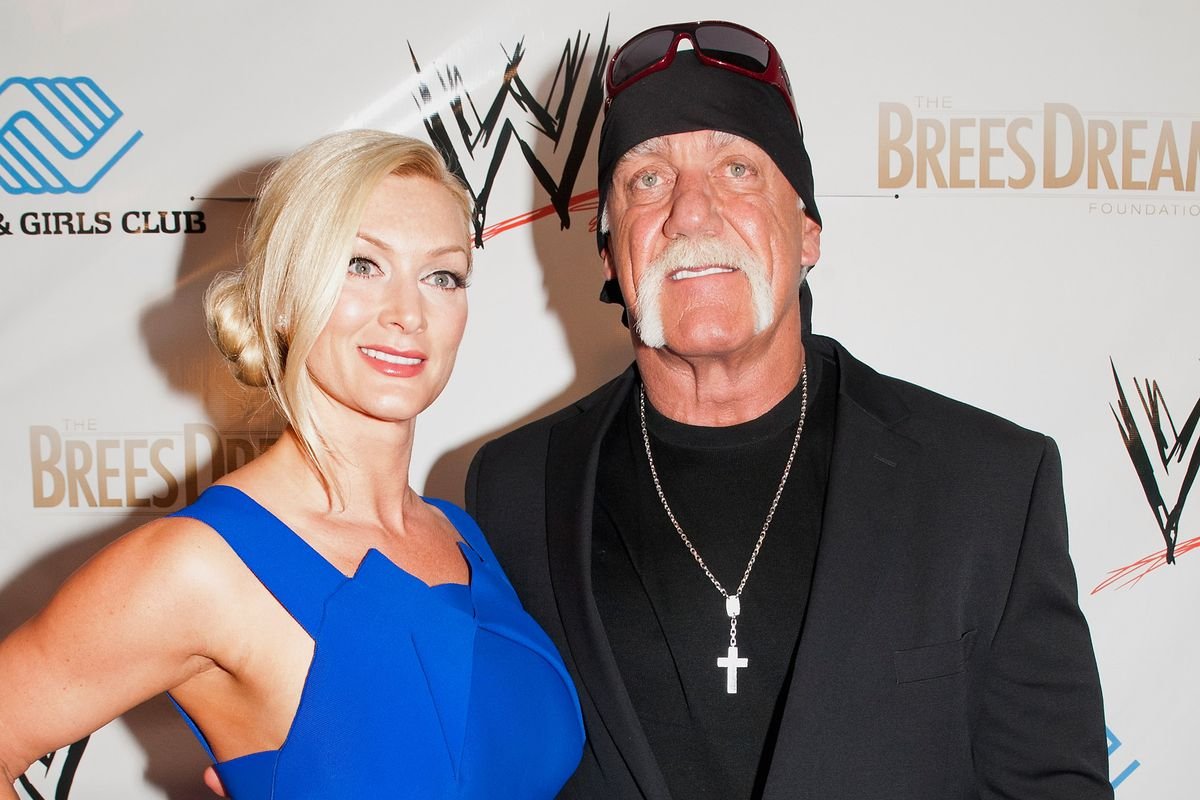
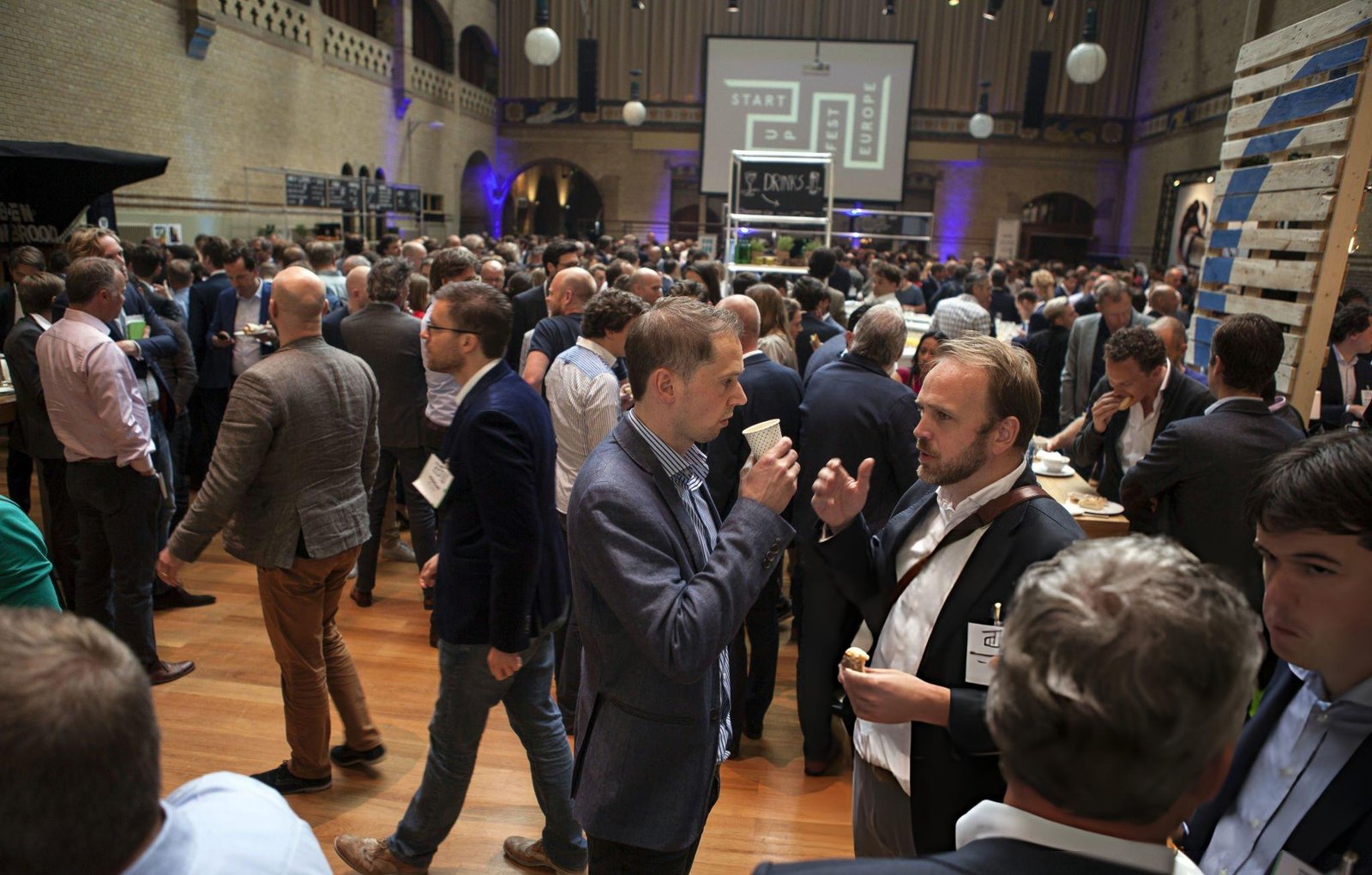

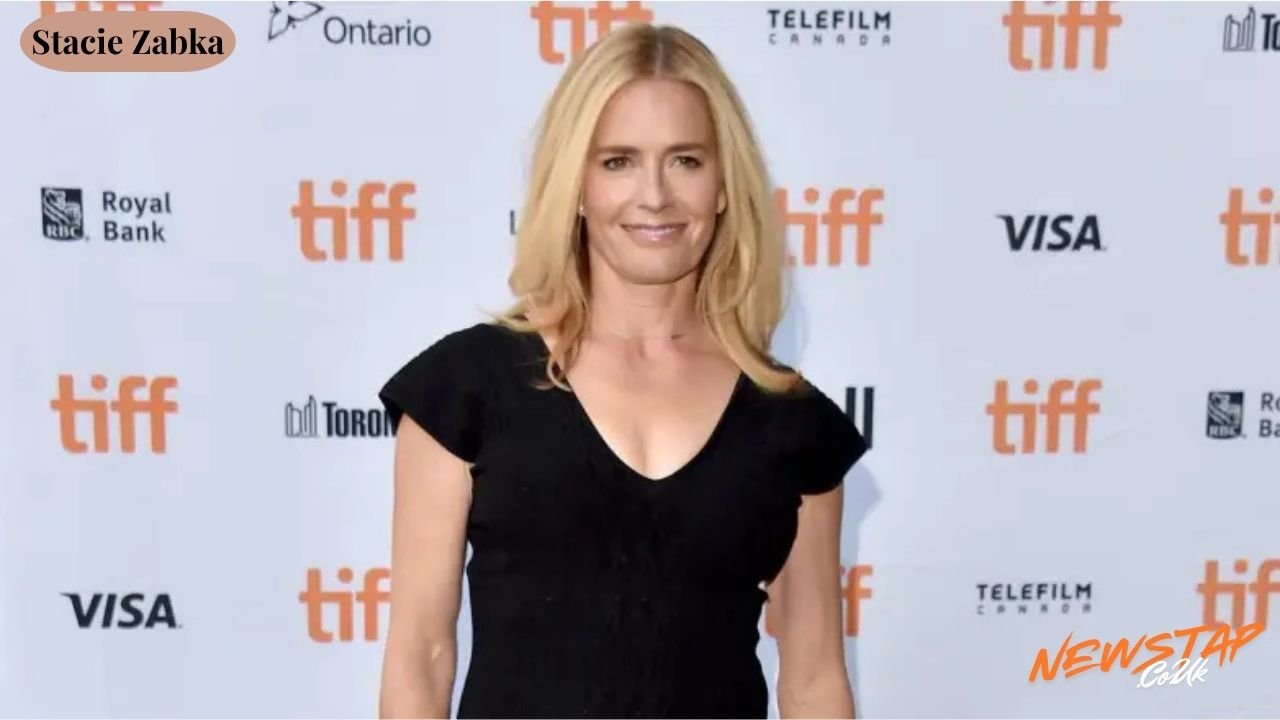
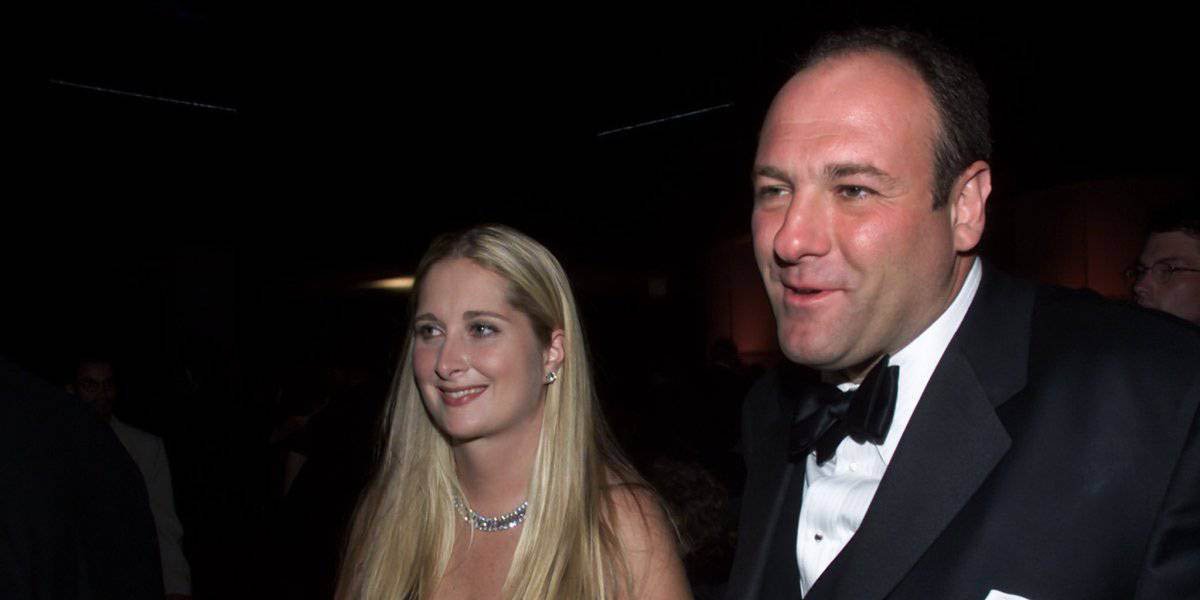
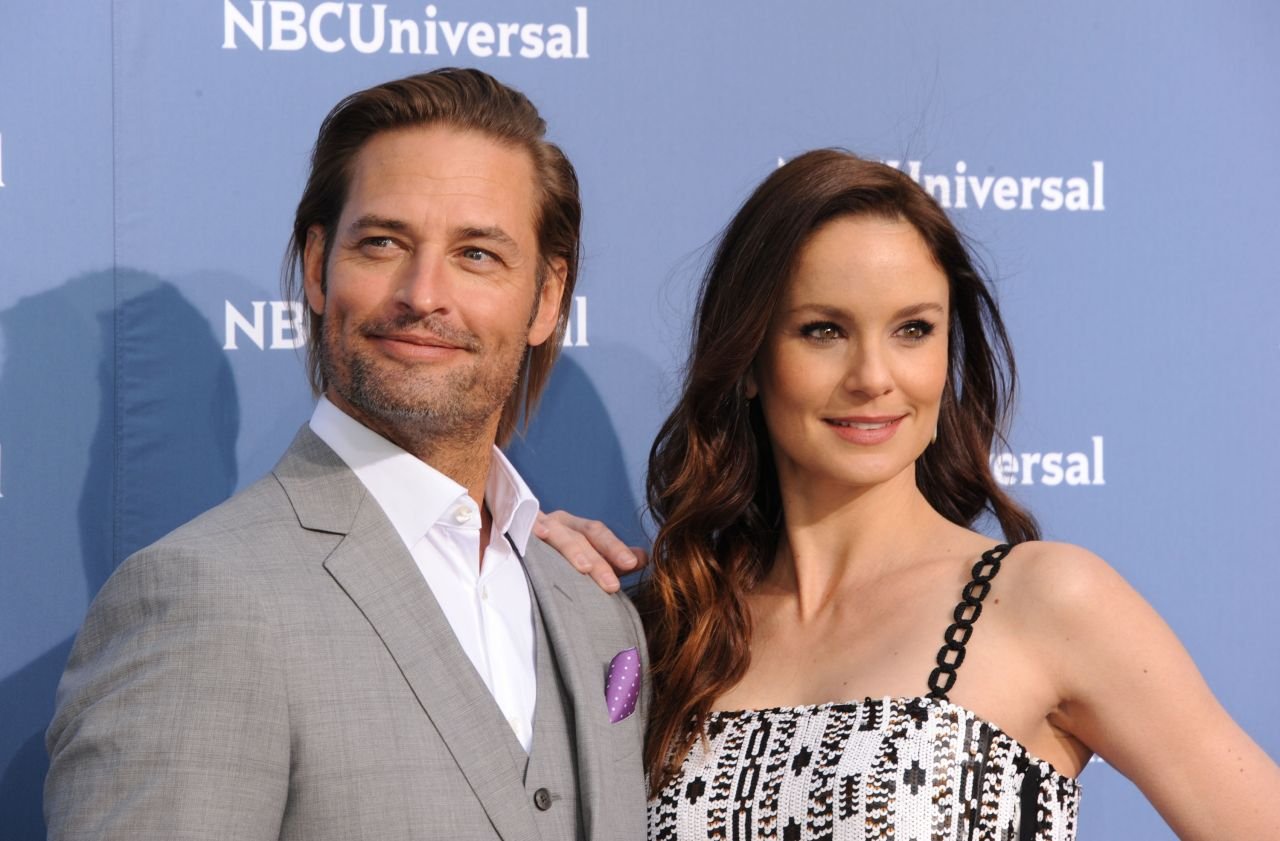
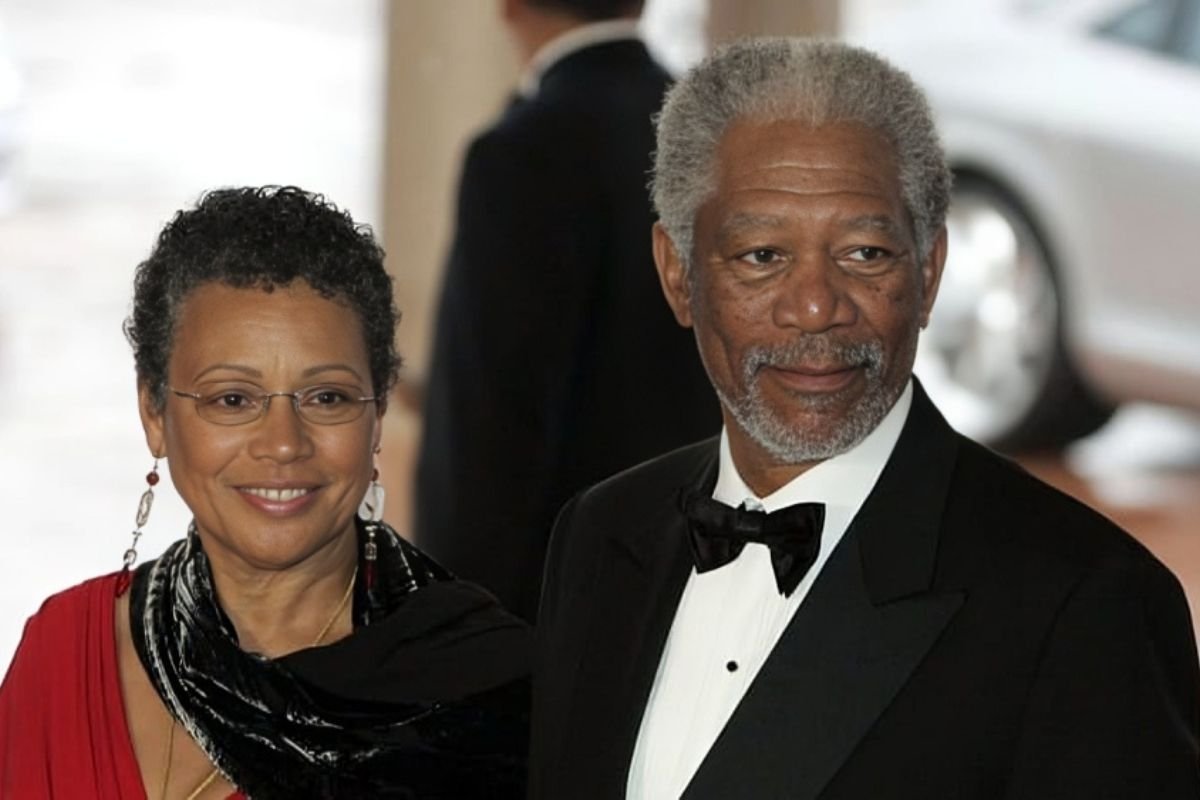
1 Comment
[…] Peole Also Read: The Father Steve Jobs Never Knew – Abdulfattah Jandali […]
Comments are closed.